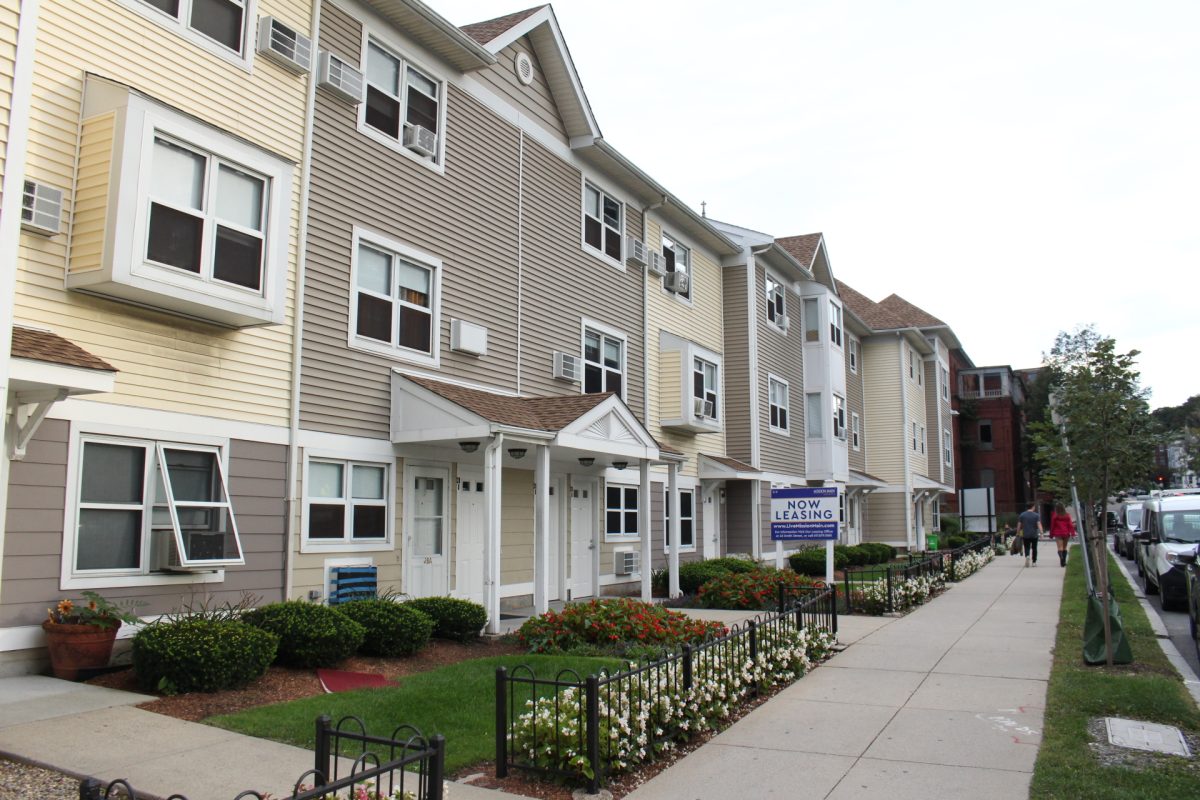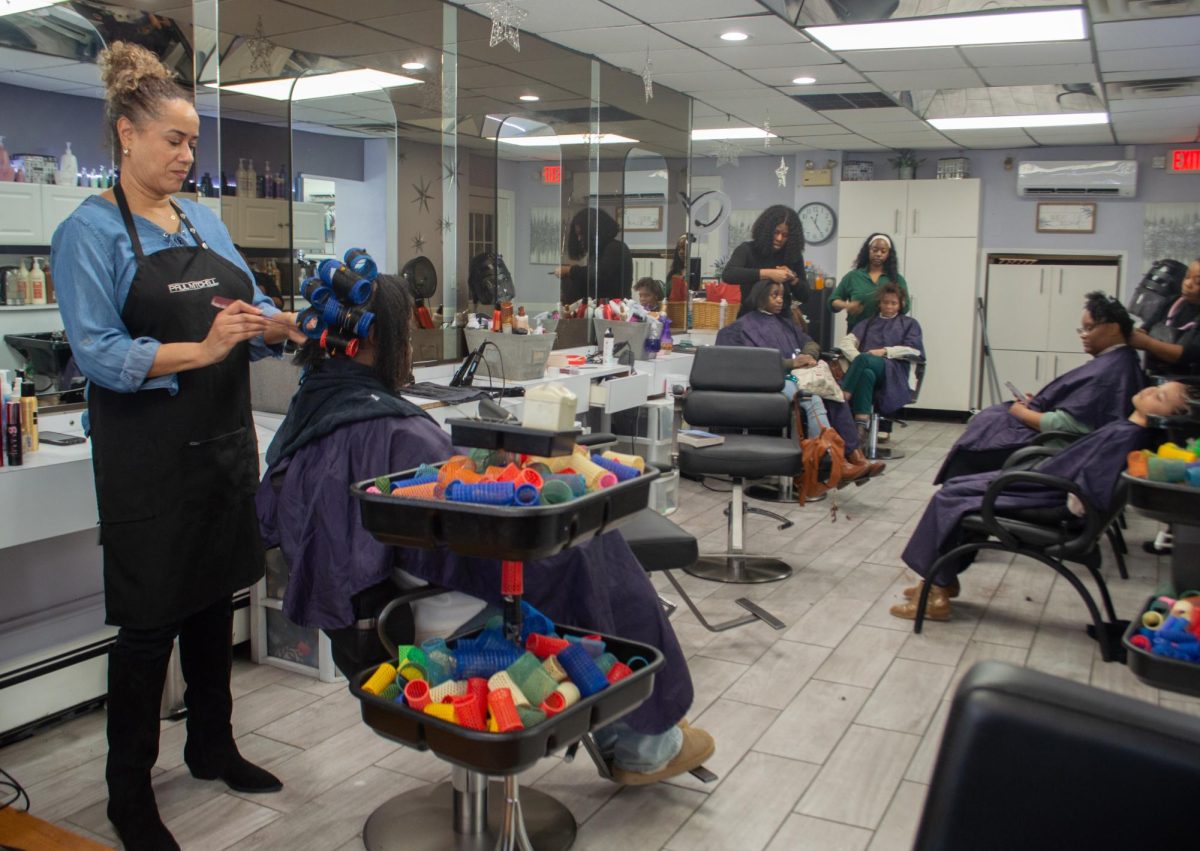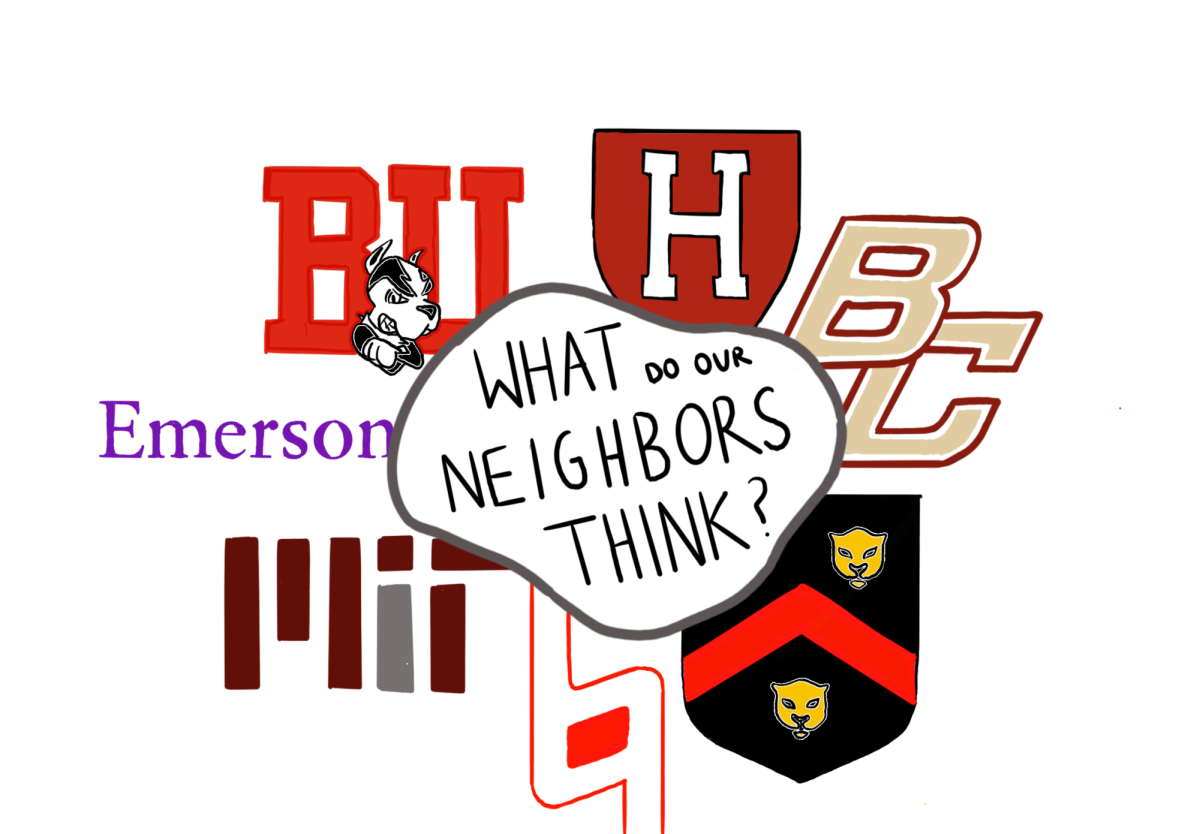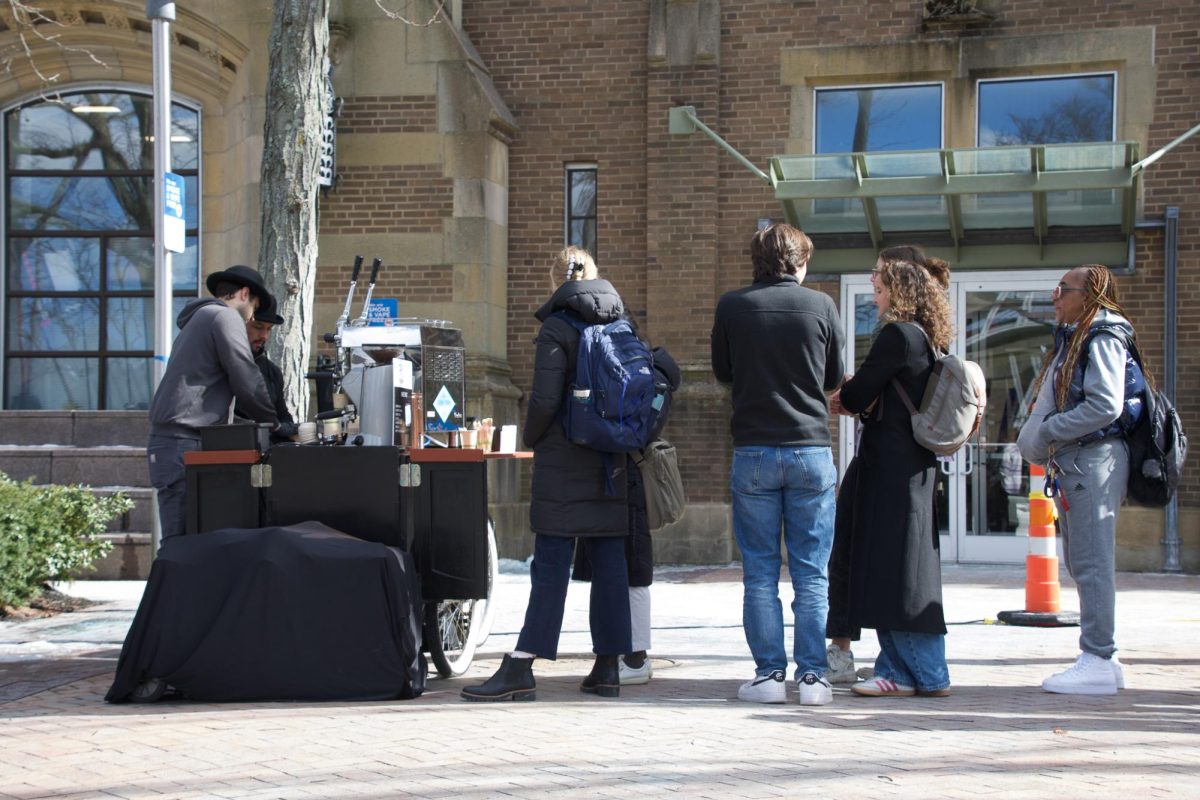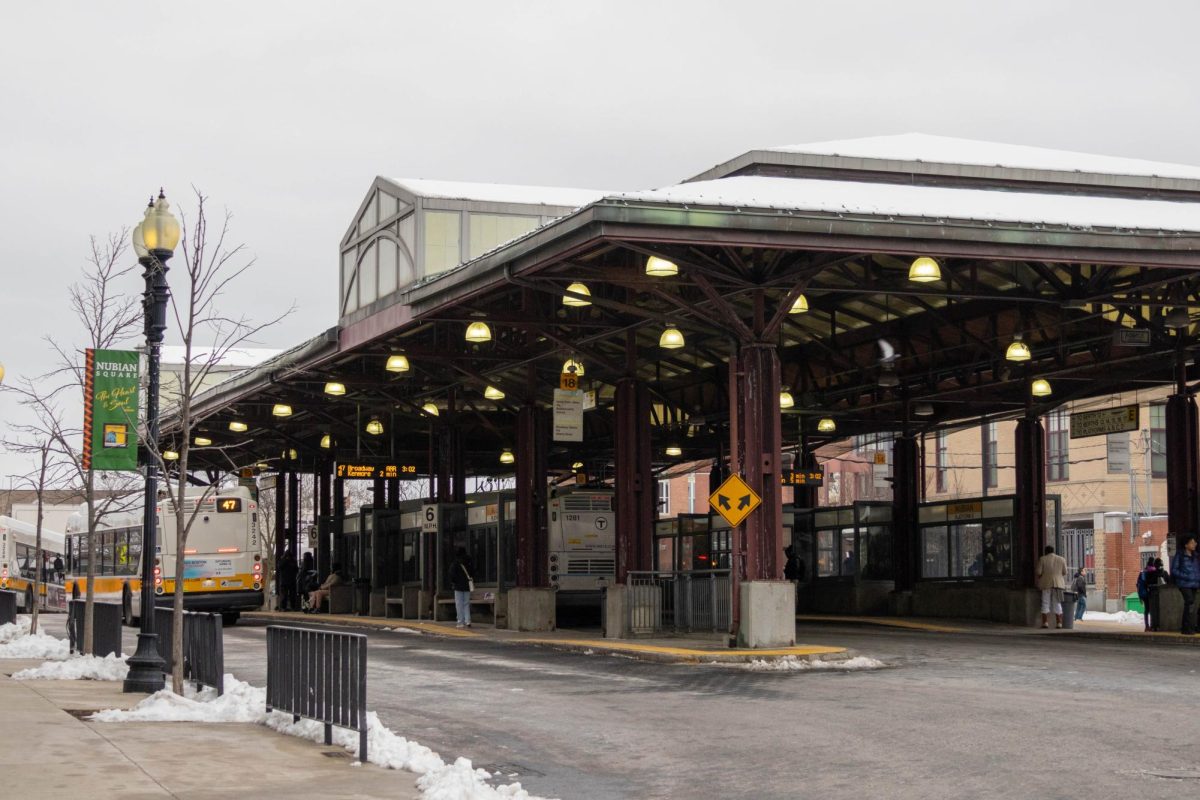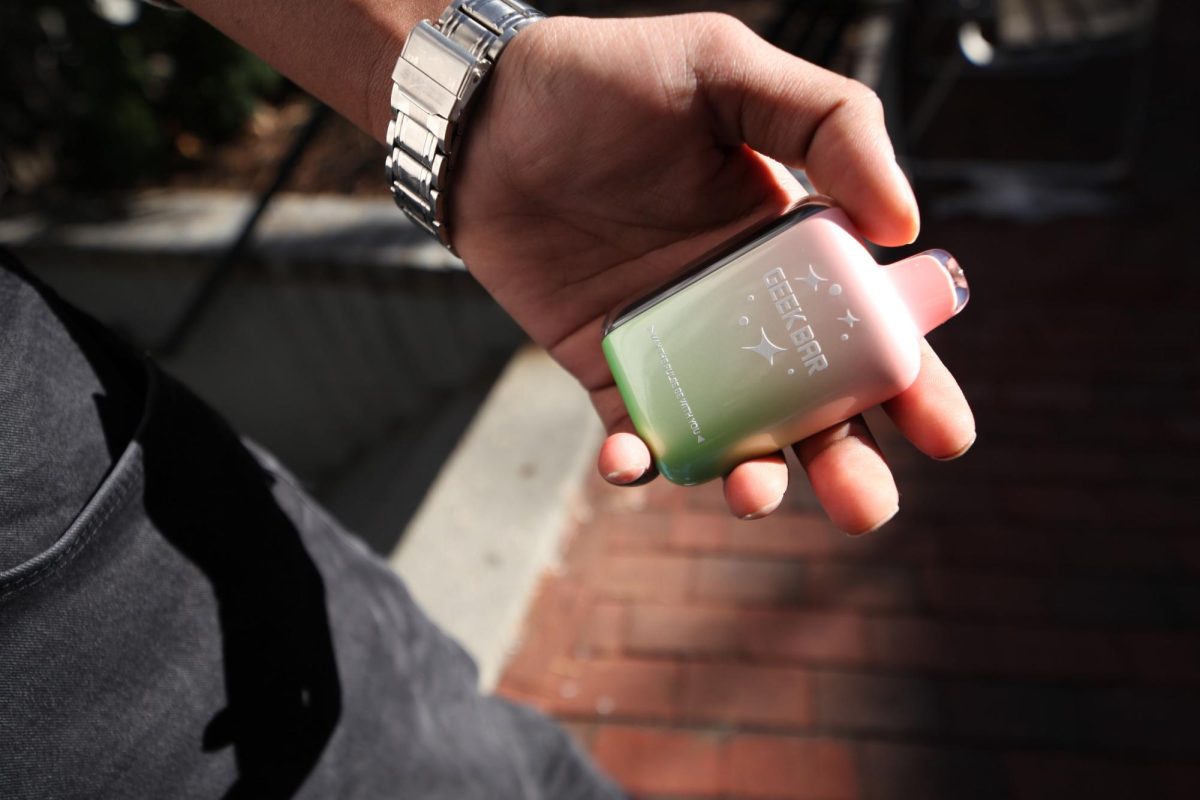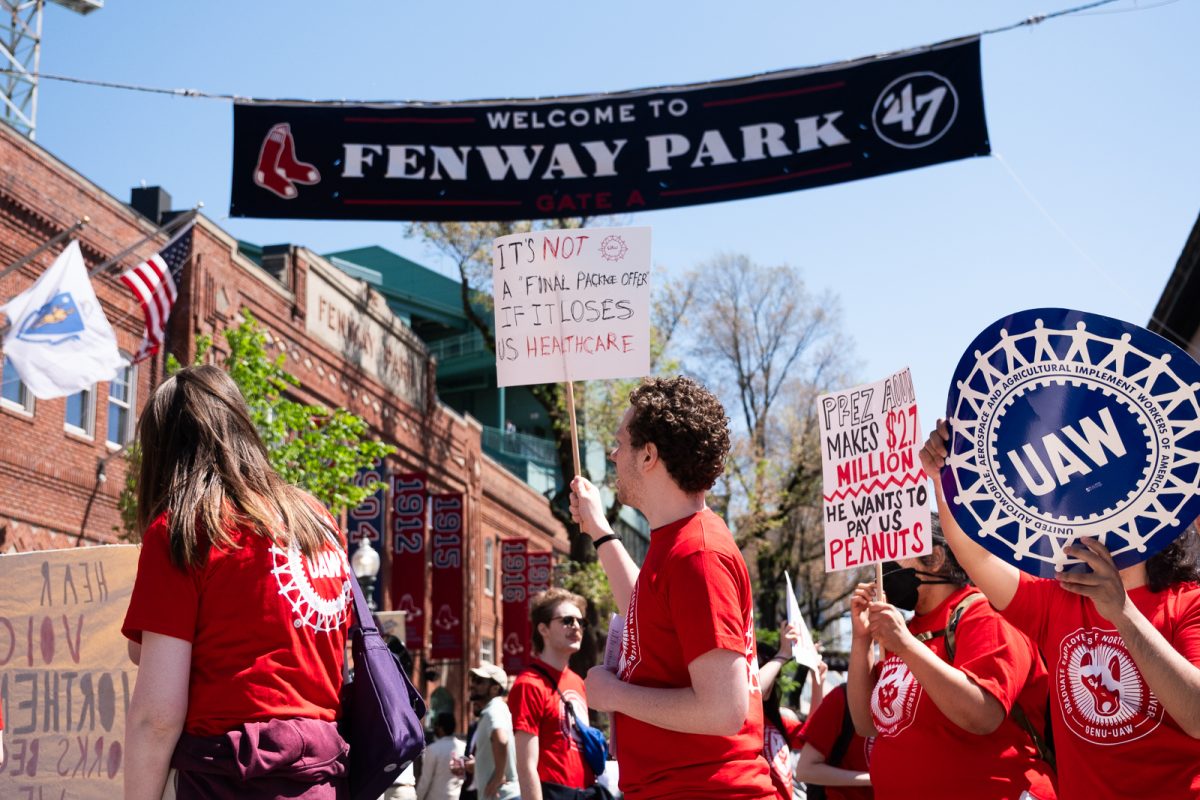In recent years, more and more Northeastern students have flocked to Mission Hill for off-campus housing. As appealing as the idea of affordable rent and a more spacious living style is for college students in Boston, surrounding Mission Hill neighbors have had to bear the brunt of this transformation.
The influx of students has paved the way for an outburst of rowdy parties and unruly late-night noise complaints that are hard to ignore for many long-time Mission Hill residents.
“It’s more of an annoyance than anything. I have a fence around my yard that has wooden pickets, and, without fail, every weekend, there’s a broken picket. There are always red solo cups littered in my yard, too,” said Candance Belanoff, who has lived in the neighborhood for 19 years.
In a community that has consistently been known to appeal to those seeking transient or temporary housing, Belanoff feels as if their impermanence in the area contributes to the chaos they bring.
“There is no sense of belonging or feeling like the community is theirs,” she said. “People feel they can come into our community and party as hard as they want to without affecting anyone else. If you knew it was your mom’s yard, you probably wouldn’t mess with their property like that. But if it’s anonymous, it doesn’t matter because these students are only here for nine months.”
As of this year, more than 3,700 out of Mission Hill’s population of 15,600 are off-campus college students — more than 11% of Boston’s off-campus students in a neighborhood representing 3% of the city’s population, WBUR reported.
As Mission Hill’s popularity amongst college students rises, Cindy Walling, a resident of 14 years, acknowledges that many Mission Hill neighbors, including herself, don’t mind the flurries of college kids moving to the area.
However, the problem that continuously presents itself is the blatant carelessness students have for their neighbors.
“Some of our best babysitters and dog walkers have come from these colleges in the area, so we have nothing against students living here. But what bothers us is it feels like [college students] are super entitled,” Walling said.
Despite the fact that many neighbors have shared their distaste for the parties, trash and late-night noise student residents bring to the area, some welcome it.
Numerous student residents congregate every day in the heart of Mission Hill to relish the lively dining scene, with one restaurant, the Squealing Pig, standing out for its warm embrace of college students, no matter how boisterous they may be.
“The college kids that live here are a phenomenal addition to our restaurant. They are almost always respectful and just out for a good time. They have also increased our business by a lot,” said Peter Martinez, the Squealing Pig’s bar manager.
Aside from working at the Squealing Pig, Martinez is also a Mission Hill student resident from Wentworth Institute of Technology. He acknowledges that while the area’s influx of college students may be a moneymaker for restaurants, it is anything but that for the neighbors who go to sleep some nights to the sound of unrelenting noise.
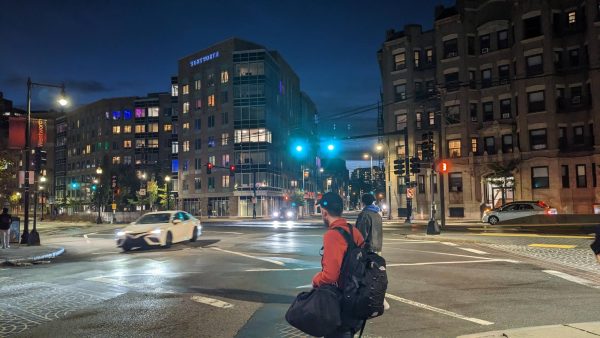
“The fraternity parties here can definitely be disruptive,” Martinez said. “I know that most neighbors who have lived in Mission Hill for a while view the students negatively because they are often woken up at 1 a.m. to the unpleasant noise of kids partying.”
A member of the Pi Kappa Alpha fraternity, Northeastern third-year Finance student Drew Seidman senses the innate frustration from his neighbors and the surrounding Mission Hill community.
“A lot of residents have been living here for many, many years,” Seidman said. “So, when there’s a lot of turnover, new kids and big groups moving in and out every year, they can get tired of the constant noise and rowdiness.”
Nonetheless, Seidman and many other fraternity members have taken it upon themselves to foster a more harmonious coexistence between students and long-time residents in Mission Hill.
“We try to have a pretty symbiotic relationship with almost all our neighbors,” Seidman said. “We reach out to them before we throw parties to let them know because the last thing we want to do is cause problems in the community.”


